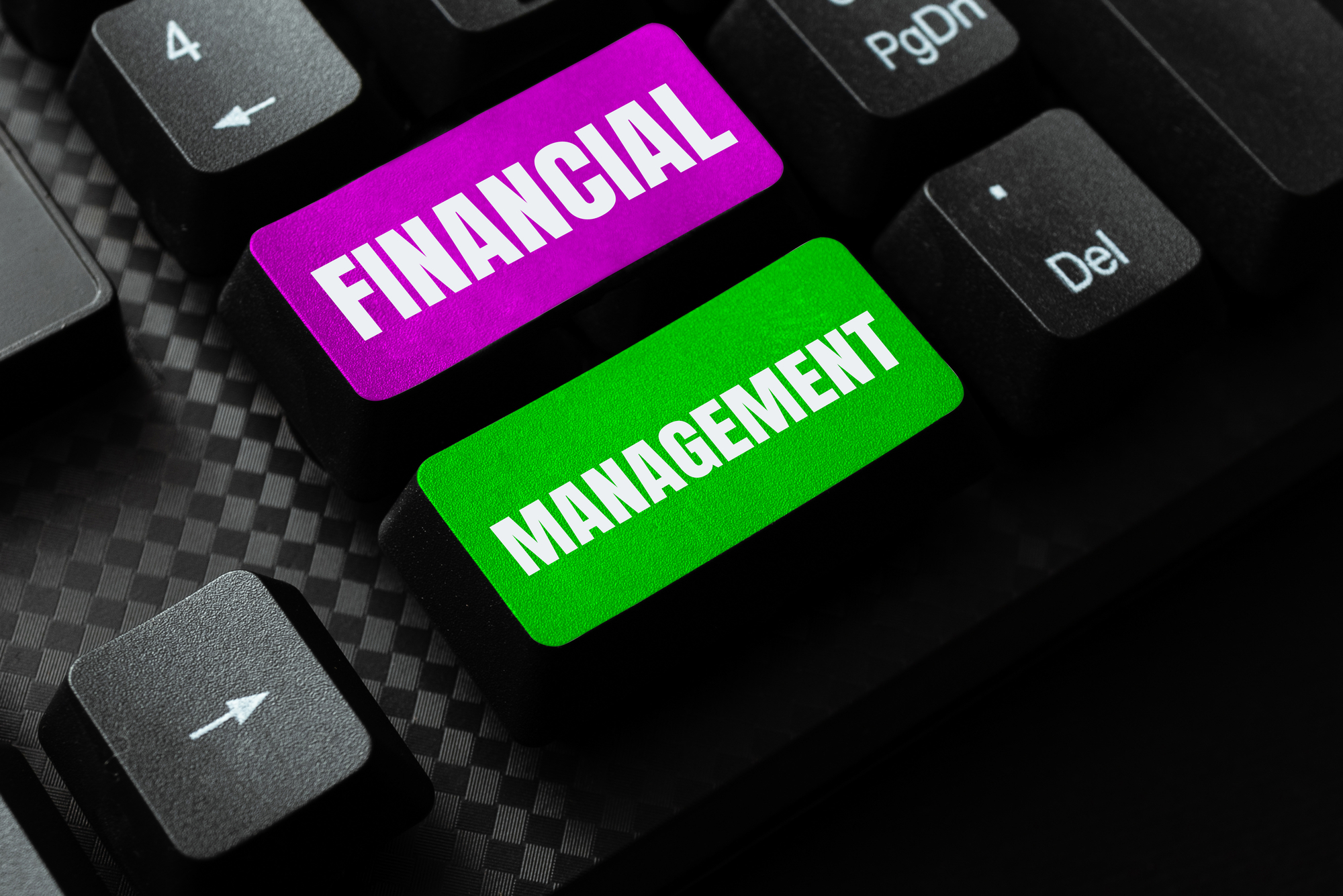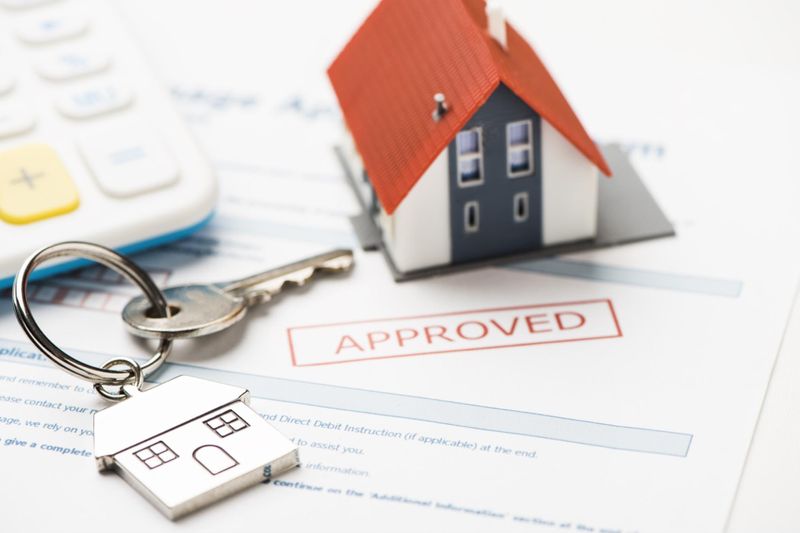Last Updated on January 24, 2024 by CREW Editorial
Purchasing a home is a major financial and life-altering decision, so taking the necessary steps to prepare for a home purchase is critical. As a matter of fact, the home-buying process begins before you even speak with a realtor or apply for mortgage pre-approval. Most people start the process years before they buy a home, and there’s a good reason for that. The earlier you start planning for it, the easier and less expensive the process of buying a house will be.
Tips to Help You Financially Prepare to Be a Future Homebuyer
-
If you’re planning to buy a home soon, you’ve probably already saved some money. Next, you should determine the amount of your down payment. You may benefit from putting down a larger deposit in competitive housing markets, but it doesn’t always have to be 20% or higher. Some people may choose to make , however, those loans may require borrowers to pay mortgage insurance, which raises the monthly payment. Buyers may also qualify for specific programs, such as those available to which can help reduce costs.
-
You should not leave mortgage shopping until the last minute and risk losing your dream home to another bidder who already has financing in place. When purchasing your first home, mortgage pre-approval is a free and non-binding process that establishes you as a serious, qualified buyer.
-
Most prospective home buyers prioritize saving for a down payment. But setting aside money for unexpected home repairs and other emergencies is equally essential. No landlord will step in if your home requires maintenance or repair once you become a homeowner.
-
Consider getting pre-approved for a mortgage to determine how much you can afford. But when you do, keep in mind that the lender primarily uses math to determine the loan amount and does not account for your comfort or preferences. Even if the lender says you can borrow more, make sure the amount you intend to borrow is something you feel comfortable with.
-
If you’re getting close to making an offer on a house, start gathering the documents you’ll need to verify your finances on the mortgage application. These may include paystubs, bank statements, and copies of your last two tax returns if you have freelance or self-employment income.
Tips For Improving Credit And Managing Debt

Before applying for a mortgage, ensure a good income-to-debt ratio. Creditors generally prefer your debt, including the future mortgage, not to take up one-third of your gross income. According to the Canada Mortgage and Housing Corporation, a maximum debt-to-income ratio, or Gross Debt Service Ratio (GDS), of 39 percent is required to get a qualified mortgage.
To improve your GDS ratio, pay off as much debt as possible before applying for a mortgage. It will also improve your credit score; higher credit scores will help you secure a low-interest-rate mortgage. Although you don’t have to be debt-free to buy a house, having less debt can increase your purchasing power.
Work towards paying off your credit card debt so that your credit utilization is 30% or less. The most straightforward way to keep your credit utilization under control is to pay off your credit card balances in full each month. Alternatively, you can ask for a credit limit increase, improving your credit utilization as long as your balance does not rise simultaneously.
If you have a lot of debts, it might be a good idea to consider some debt relief options. Debt resolution can help you save money by allowing you to settle your debts for less than the total balance. Debt consolidation, on the other hand, will make it so that you have one payment to make, and if you can get a lower interest rate loan, you’ll be able to pay off your debt faster. Paying down your debts will improve your credit utilization ratio and, as a result, your credit score.
Signs You’re Not Yet Ready To Be A Homeowner
You May Have Too Much Debt
Most lenders today won’t let your mortgage payment and other debts take up more than 44% of your total income, and that’s only if you have good credit and a good job. In general, 39% is the most debt-to-income ratio that lenders like to see.
Your Credit Score Isn’t Great
When you apply for a home loan, lenders won’t give you the best terms if you don’t have a good credit history. If that’s the case, you might do better to wait a while and build up your credit score before you buy something.
Owning a Home May Not Suit Your Way of Life
Taking care of a house is a never-ending job, especially if it’s an older one. The faucets leak, the hinges rust, and the lawns need to be reseeded. Maybe you don’t want to give up your free time to do projects around the house. As a homeowner, you are the only one who needs to take care of your home.
You Can’t Afford a Large Downpayment Yet
Finding financing options that require little to no down payment is not entirely impossible, provided you have good credit. But putting less money down means you’ll end up borrowing more, which means your monthly payments for principal, interest, and mortgage insurance will be higher.
The Bottom Line
A house can be a significant financial asset and a place where you might want to grow a family. But make sure you are at a point where you can be a homeowner without being “house poor.” A monthly mortgage and the amount of money it may take to own and maintain a house, in general, will significantly affect your ability to invest your money elsewhere, maintain a healthy savings account, or save for retirement. You also need room in your budget for nights out and vacations. Being a house owner may not be worth living paycheck to paycheck and being one setback away from a financial crisis.
While planning to buy a house, create a monthly budget and see if you can comfortably fit your mortgage into it. Make sure you have an emergency fund and enough savings to serve you as a financial cushion. Ideally, you should have 3 to 6 months of living expenses in savings. Also, consider your retirement savings; make sure that your income will allow you to invest regularly into an IRA after taking out a mortgage.
Author’s Bio: This guest post was written by Lyle Solomon. Lyle has considerable litigation experience as well as substantial hands-on knowledge and expertise in legal analysis and writing. Since 2003, he has been a member of the State Bar of California. In 1998, he graduated from the University of the Pacific’s McGeorge School of Law in Sacramento, California, and now serves as a principal attorney for the Oak View Law Group in California. He has contributed to publications such as Entrepreneur, All Business, US Chamber, Finance Magnates, Next Avenue, and many more.









